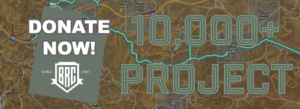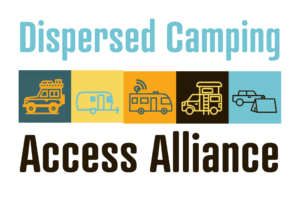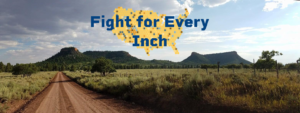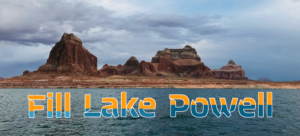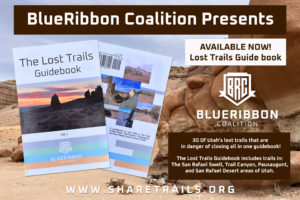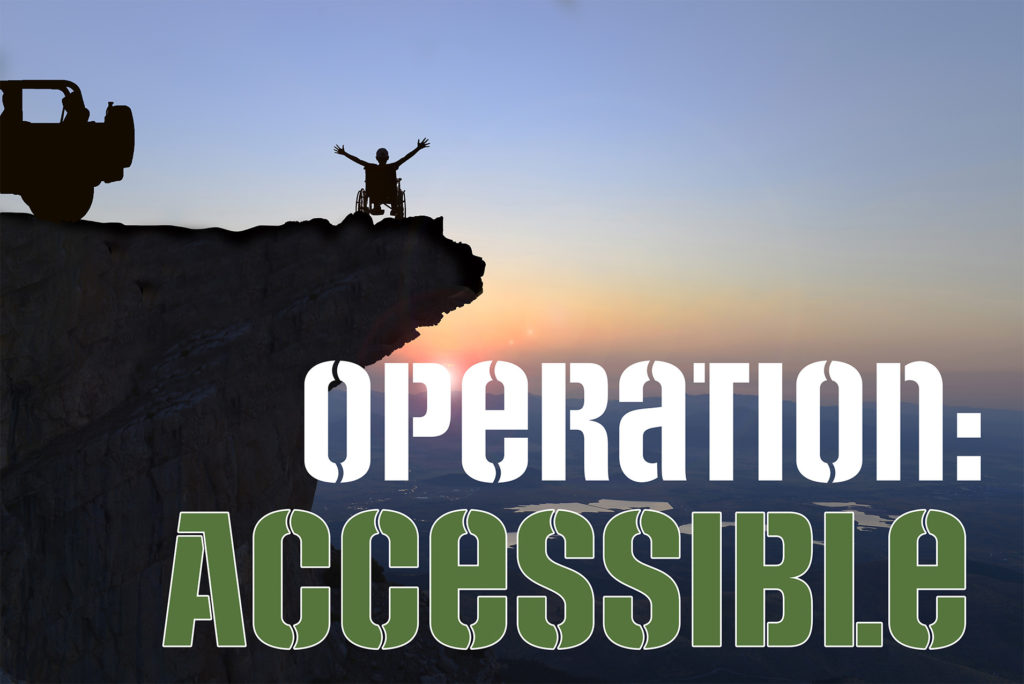
Learn More about BlueRibbon Coalition’s Operation: Accessible
As a national non-profit organization with a staff and membership dedicated to championing public lands access for responsible recreation and multiple-use purposes, BlueRibbon Coalition is expanding its efforts to increase accessibility for disabled members of the American public. It sometimes feels like anti-access organizations have unlimited resources to enforce discriminatory restrictions against those with disabilities. For a growing number of public land users, motorized access is the only way for those with mobility impairment physical disabilities to access public land. We believe that the goals of conservation stewardship and recreational use can be responsibly and equitably harmonized and champion the responsible use of public lands for the benefit of all recreationists, including those whose only means to outdoor recreation is through the use of an OHV due to disability.
We were recently invited to present a Policy Framework for expanding disability access rights to public land recreation at the American Legislative Exchange Council. The American Legislative Exchange Council is America’s largest nonpartisan, voluntary membership organization of state legislators dedicated to the principles of limited government, free markets and federalism. The following strategic policy initiatives were well received by the audience of state legislators:
In addition to exploring ways we can increase access rights for the disabled through legislative innovation, we are also focused on how we can secure better access for those with disabilities through administrative action. In one of his first acts as President, President Biden signed and Executive Order Methods and Leading Practices for Advancing Equity and Support for Underserved Communities through Government. The Office of Management and Budget, USFS, and BLM all solicited public comment on this action, and in response to this invitation, BlueRibbon Coalition submitted a public comment highlighting the importance of OHV access for the equitable access of disabled persons to public lands. You can read our comment here:
We also engaged hundreds of outdoor recreation enthusiasts to submit comments as well. We hope the agencies take our comment seriously, and we would like to highlight several guiding principles that we believe should form the basis of any reform that results from implementation of this Executive Order or any other policy that advances access equity for those with mobility impairment disability.
- Federal Agencies that manage public land should be required to perform organizational assessments to gather a baseline understanding of the level of discrimination that exists among agency staff towards those with mobility impairment disabilities.
- Once a baseline understanding is achieved, education and training programs should be required for agency decision makers to help them recognize and eliminate any tendencies they might have to discriminate against those with mobility impairment disability.
- Land management agencies should be required to also perform an institutional analysis to facilitate the assessment of systems, institutions, departments and programs to identify problem patterns and assumptions that lead to discrimination in agency routines – such as administrative requirements and policies, misguided internal memoranda and legal opinions, shortcomings of administrative processes such as NEPA reviews, employee training, and mechanisms for soliciting and reviewing feedback from the public.
- Land management agencies should look for ways to eradicate administrative policies that force agency staff to neglect and ignore those with disabilities or reductively claim through boilerplate legal disclaimers that active discrimination is “not discriminatory.”
- Grant programs such as the Recreation Trails Program and the Land Water Conservation Fund should prioritize projects that create more equitable access for those with mobility impairment disabilities.
- Land Management processes such as the creation of travel management plans, resource management plans, and forest plans should require authentic engagement with the mobility impairment disability community through a process similar to how they are required to analyze impacts to cultural resources.
- Local, State, and Federal lawmakers should find ways to promote equitable access on public land for those with mobility impairment disabilities.
Partnership Opportunities
We have secured the strong support of 4 Wheel to Heal and The All American Heroes Foundation. Each of these organizations do amazing work in bringing the benefits of outdoor recreation to disabled veterans and first responders.






